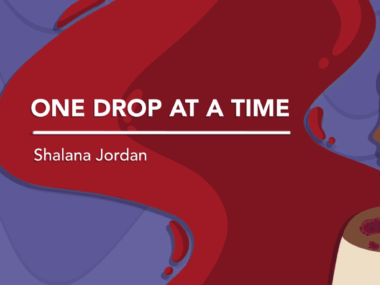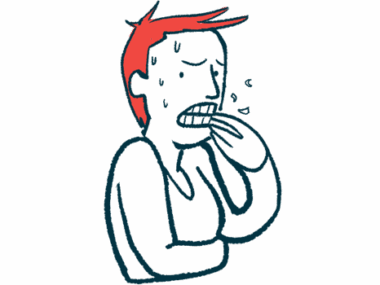FDA expands Vonvendi approval to cover more VWD patients
Treatment OKed as preventive for adults with all types, on demand for children
Written by |

The U.S. Food and Drug Administration (FDA) has expanded its approval of Vonvendi (recombinant von Willebrand factor), a treatment for von Willebrand disease (VWD).
Vonvendi was previously approved by the FDA as an on-demand treatment to manage bleeding episodes and to prevent bleeding during surgery in adults with VWD. It was also authorized as a prophylactic (preventive) treatment, but only in adults with severe VWD type 3.
The expanded approval covers the use of Vonvendi for prophylaxis in all adults with VWD, regardless of disease type, and on demand and during surgery in children with VWD. Takeda, the treatment’s maker, said Vonvendi is the only treatment in its class to be FDA approved for use in both adults and children with VWD.
“Children and adults living with VWD face unique challenges, including bleeds that can disrupt daily activities like school, work or spending time with loved ones, often leading to physical and emotional burdens,” Cheryl Schwartz, senior vice president at Takeda, said in a company press release. “We are proud to have supported adults with VWD since Vonvendi’s initial approval in 2015 and will now be able to help even more patients manage their condition.”
VWD is a bleeding disorder marked by low levels of the clotting protein von Willebrand factor (VWF). Vonvendi contains a recombinant, or lab-made, version of VWF designed to replace the missing or dysfunctional protein. The therapy is administered by an into-the-vein (intravenous) injection. When used for routine prophylaxis, injections are given twice weekly.
Expanded approval follows Phase 3 trials
The FDA’s decision to approve Vonvendi as a prophylaxis for all adults with VWD was based in part on data from a Phase 3 study (NCT02973087) in which 22 adults with VWD received the therapy as a prophylaxis for a year.
Participants who had been receiving on-demand treatment exclusively to manage bleeds experienced a median of four spontaneous or traumatic bleeds requiring treatment each year. Over the course of a year on Vonvendi, most of these patients didn’t have any bleeds requiring on-demand care.
The study included adults who had been receiving prophylactic treatment with a plasma-derived VWF therapy before switching to Vonvendi. Before the switch, these patients had a median of zero spontaneous or traumatic bleeds requiring treatment each year, which was maintained after starting on Vonvendi.
“The FDA’s approval of Vonvendi for routine prophylactic use in adults with all VWD types marks a pivotal milestone in advancing care for this challenging condition. Prophylactic treatment is critical to reduce the frequency of bleeds in adults, including spontaneous and joint bleeds,” said Jonathan C. Roberts, MD, a trial investigator and associate professor at the University of Illinois College of Medicine at Peoria. “Establishing prophylaxis as the standard of care for all adults with VWD, regardless of subtype, represents a significant step forward in helping to manage bleeding risk and the burdens that bleeds can have on patients’ daily lives.”
The FDA’s approval of Vonvendi as an on-demand treatment for children with VWD was based largely on a separate Phase 3 trial (NCT02932618) in which the therapy was used on demand to manage nonsurgical bleeds in 18 children with the bleeding disorder. Over the course of at least a year, about 100 bleeding episodes were treated with the therapy, and in virtually all cases (99%), clinicians said that Vonvendi’s ability to control bleeding was excellent.
Vonvendi was also used in the trial to manage surgical bleeding in four participants undergoing minor surgeries. In all cases, the therapy’s ability to control bleeding was classified as excellent.
Takeda’s application seeking the expanded approval of Vonvendi also included data from a Phase 3b continuation trial (NCT03879135) that included both adults and children with VWD and real-world efficacy data.
Takeda has submitted applications seeking to expand the approval of Vonvendi as an on-demand treatment for children with VWD in Japan and the European Union, where the therapy is marketed under the name .
According to the therapy’s prescribing information, the most common side effects of Vonvendi include headache, vomiting, nausea, dizziness, and itchiness.






